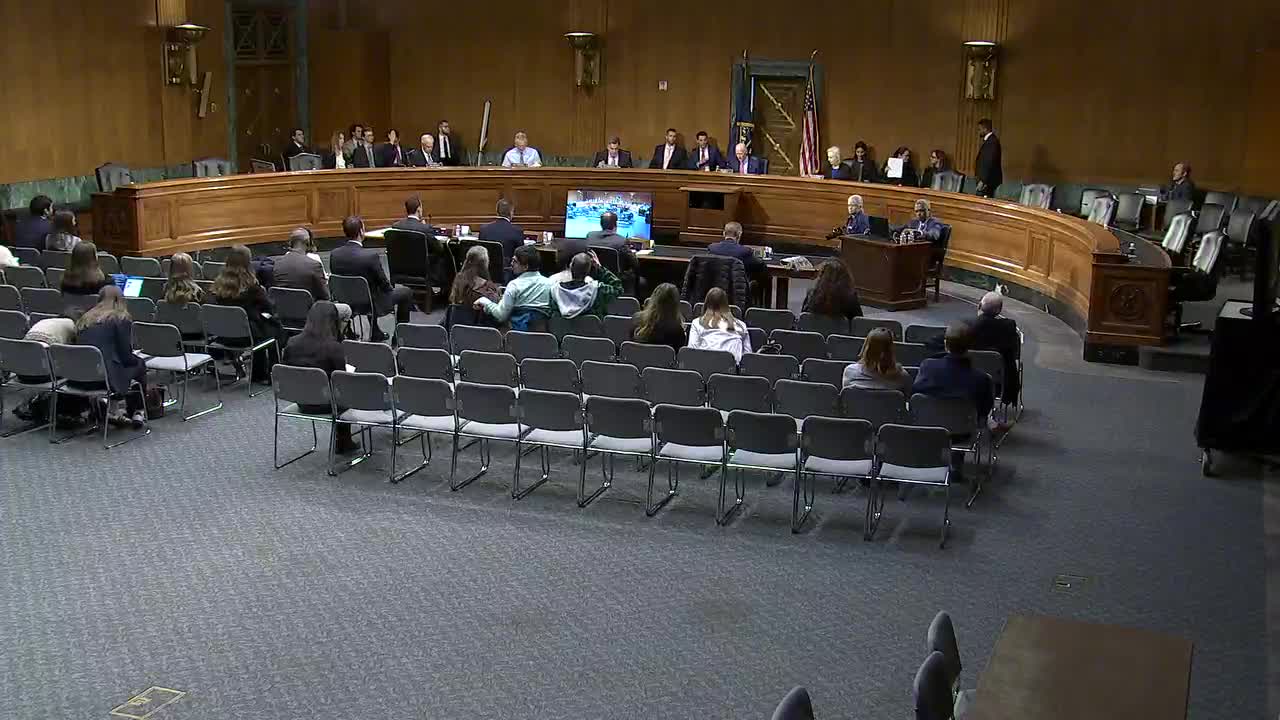Article not found
This article is no longer available. But don't worry—we've gathered other articles that discuss the same topic.
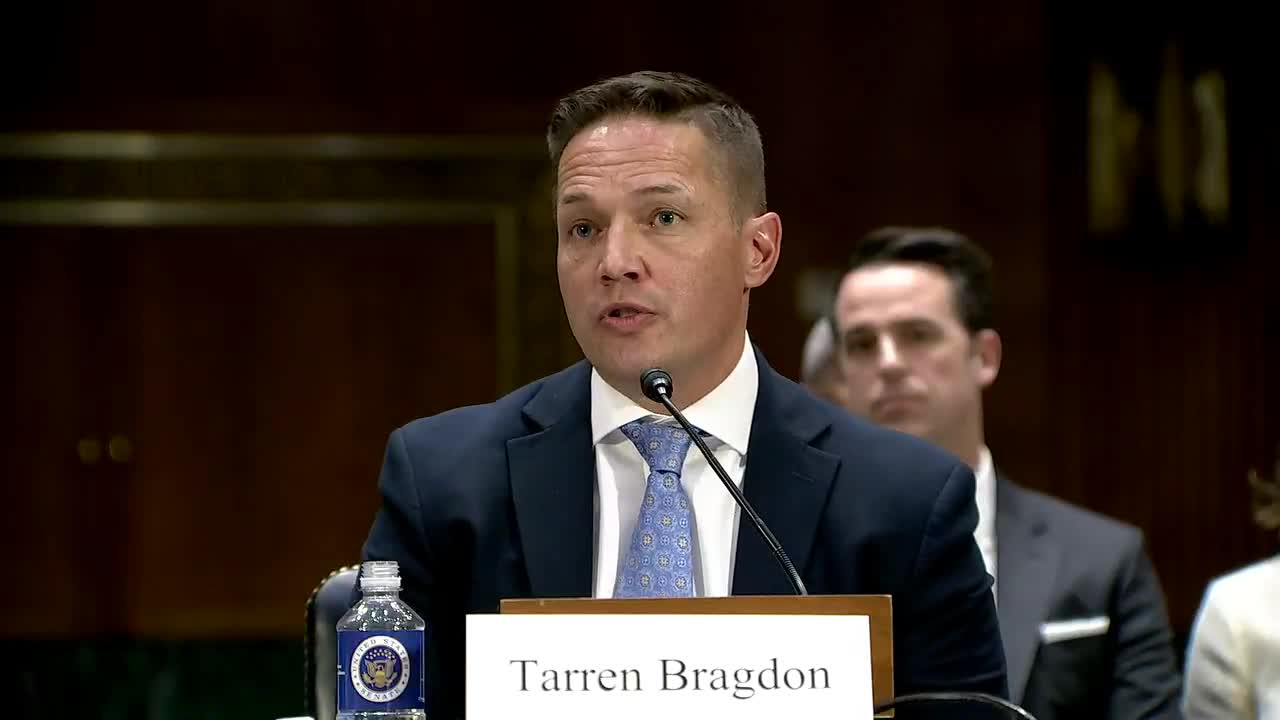
Committee debate focuses on Social Security solvency, retirement ages and proposals to raise revenue or expand work
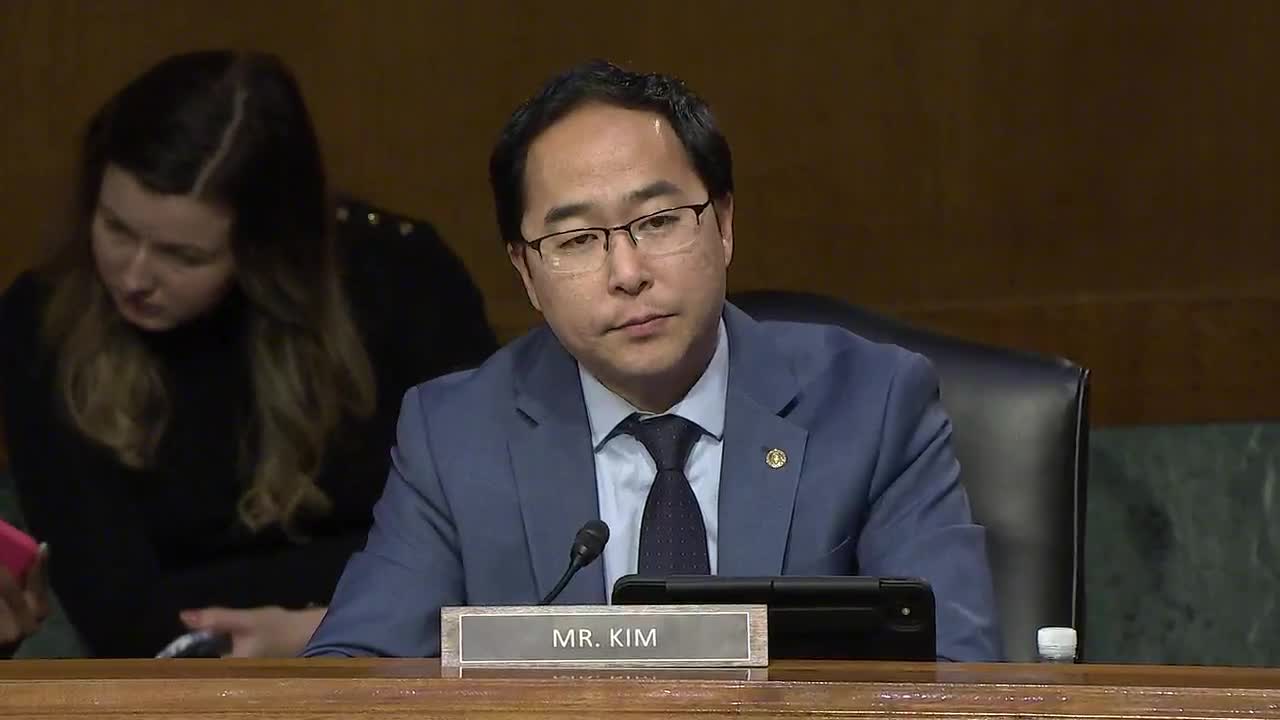
Witnesses tell committee long‑term care costs push families to ‘spend down’; experts urge stronger Medicaid protections and explore Medicare options
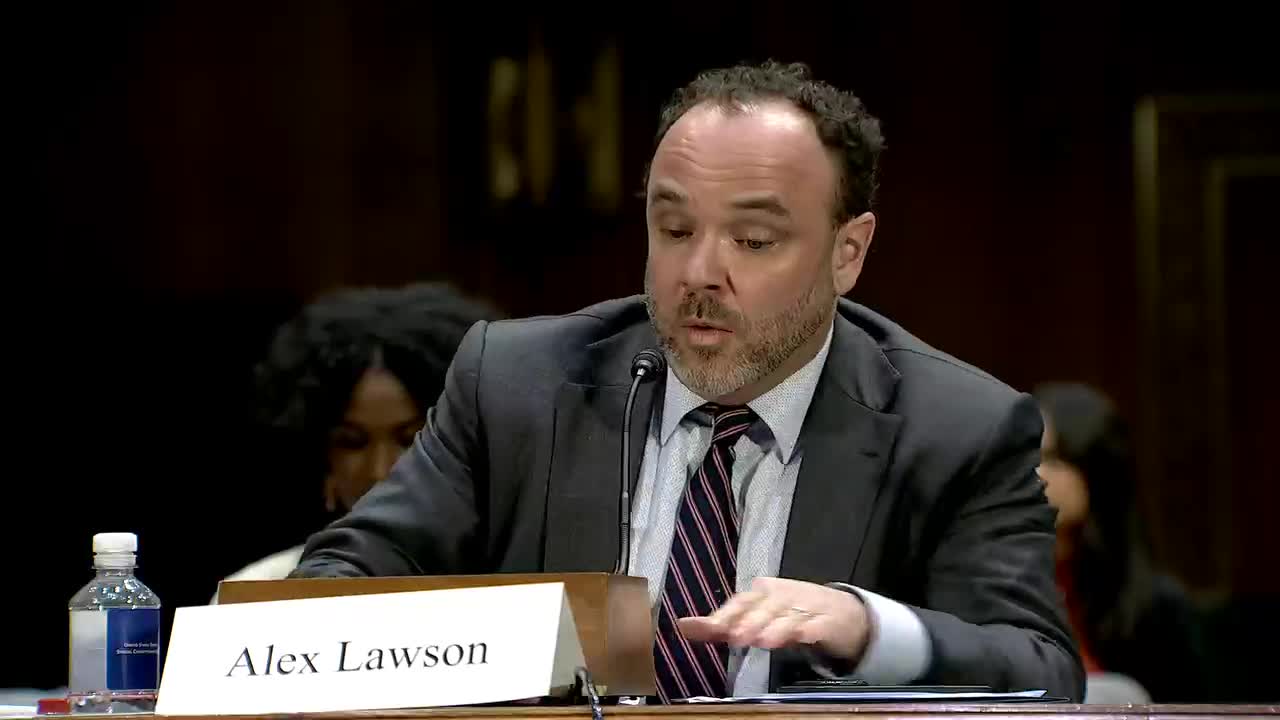
Committee hears testimony that Medicare negotiation and drug caps can ease seniors’ costs; witnesses clash over industry influence
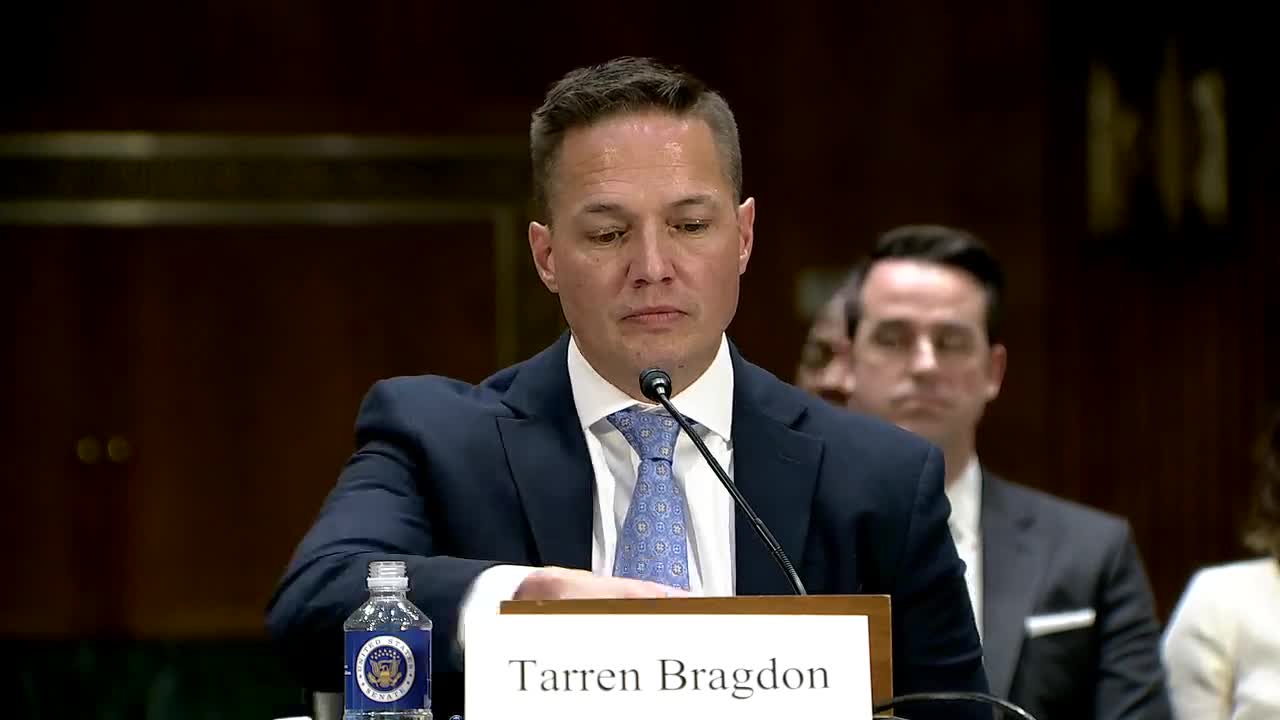
Witnesses say Trump administration’s funding freeze and OMB memo have heightened immediate risks to Meals on Wheels, Medicaid and housing assistance
